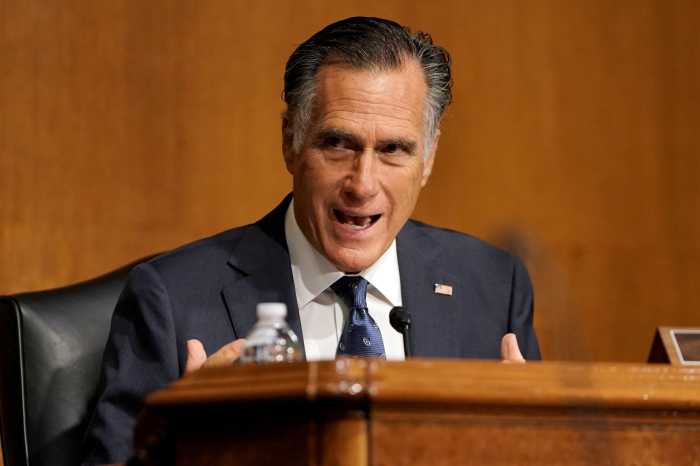Senate Republicans blocked a move to open debate on Wednesday on a $1.2 trillion bipartisan infrastructure measure that is a top priority for Democratic President Joe Biden, but the chamber was poised to take it up again as early as Monday.
Republicans objected to opening debate on the bill because it was not yet written, though it is not unusual for the chamber to vote on a skeleton “shell” bill to move the legislative process along.
Fifty-one senators voted against opening debate after Democratic Majority Leader Chuck Schumer changed his vote to “no” from “yes” at the last minute, saying that would allow him under Senate rules to move to reconsider the vote at a future time. Senate rules require 60 votes to advance most legislation.
Senator Rob Portman, the leading Republican in the bipartisan group that developed the plan, said 11 Republicans signed a letter to Schumer telling him they would be willing to vote “yes” as soon as next week.
They hope to have resolved outstanding issues with the proposal by then, including how to pay for it.
“We’re voting no today, because we’re not ready, but we’re saying we do want to take up this bill as soon as we are. We think that’ll be Monday,” Portman said before the vote.
In a statement, the bipartisan group said it was close to a final agreement on the bill, which includes $600 billion in new spending on roads, bridges and other infrastructure.
Senator Mitt Romney, another Republican in the group, said he does not expect to have a full text by Monday: “We’ll have an agreement and a lot of text, but not all of it. It’s going to take quite a while to get the full text. It’ll be hundreds of pages.”
Schumer had insisted on holding the procedural vote on Wednesday, saying that after weeks of negotiators haggling over details, it was time to start debating the measure on the Senate floor.
“Senators should feel comfortable voting to move forward today,” he said.
Some liberal Democrats have said they believed Republicans were deliberately slow-walking a measure that they could ultimately vote against.
Both parties have used incomplete bills in the past to get floor action moving or satisfy technical requirements — Republicans notably used this technique in attempting to repeal the Obamacare health insurance program.
Biden has deemed the bipartisan infrastructure bill essential. He also wants Congress to pass a separate $3.5 trillion budget initiative that allows legislation to be developed on climate change and social spending provisions that are anathema to most Republicans.
Democrats want to push the larger measure through Congress along party lines as soon as the bipartisan bill is finished. Republicans argued that two-step approach undercuts the bipartisanship of the infrastructure bill.
Schumer had hoped to get both through the Senate before the August recess. Both parties are acutely aware of the midterm elections coming in November 2022, which will determine who controls Congress for the second half of Biden’s term.



































